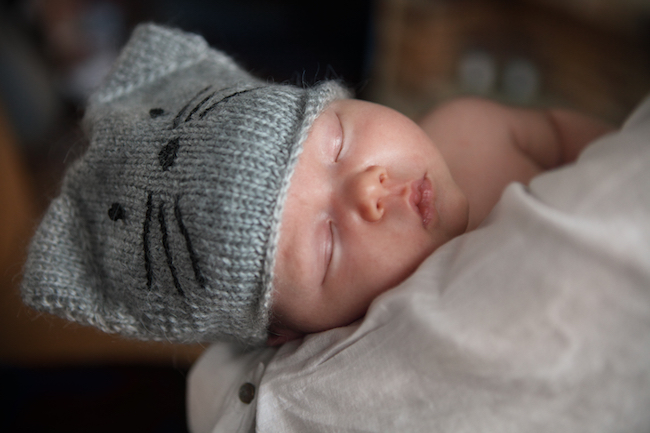
For those who would describe themselves as an “animal person” it can be hard to measure how far back their fur-baby obsession goes. Is it all contingent on one or two pivotal experiences that cause someone to suddenly become interested in animals, or are the feelings solely influenced by your family, or genes?
People seem so concerned with this topic, that there are even “How-To” guides that offer a step-by-step process of what one must do to become an animal person. Yet it is still widely believed that a deep and abiding love of animals begins at a very young age. Whatever opinion you might hold on the matter, here are some considerations about whether or not an animal person is or can develop.
Same Family, Different Outcome
One biological psychologist named Dr. Hal Herzog watched his twin daughters receive almost an identical childhood of the same education, care, experiences and exposure to the natural world. Yet one grew up a vegetarian with a snake phobia, while the other became a world traveler willing to taste anything from whale meat, to crickets and worms. How do such differences in taste and personality occur in twins, if everything is based on genetics?
Camille Schake, former veterinarian and author of the Good Pet Parent Blog, describes her childhood tendencies to bring her cat everywhere, rescue earthworms, toads, snakes, bunnies, baby birds, anything she could find. Conversely her sister preferred devotedly playing with her baby dolls for hours on end. Unsurprisingly, the sister went on to be a mother of three children, while Schake became a veterinarian and an owner of many animals, including horses, dogs and cats.
Genetics or Environment?
The common belief is that, whatever you were exposed to as a child, you will mimic as an adult. If you came from a family with pets, you will most likely keep pets when you are older, and quite possibly the same breed (or at least species) you are most familiar with. Many geneticists try to argue that being drawn to animals may be genetically predetermined or environmentally influenced, and both of these are true. Siblings might have similar genetic influences and shared experiences which cause them to be alike in many ways, but there are also behavioral influences that came from non-shared experiences that influence an individual’s feelings and preferences. For example, identical twins might share genes, and living experiences, but if they have separate school teachers, friends, hobbies, or say, one is scratched by a cat, these are the areas where a non-shared environment would influence them. Nearly 70% of positive and negative pet encounters are based on non-shared environmental experiences, wherein something unfortunate happened with an animal.
In conclusion, there are strong arguments both scientifically and experientially that seem to suggest an affinity for animals is established both from good and bad experiences in childhood. However we do think life circumstances, and positive associations can cause someone (who may have otherwise been entirely disinterested in animals) to grow an enthusiasm for them later in life. However, an appreciation for dogs or horses may not be the same thing as a deep passion for every kind of cat, dog or any other creature, whether it crawls, runs, swims or flies. True animal-lovers have sympathy and love for all animals or every size and species, therefore we think the answer is that animal-people are made by their experiences as a child, and fueled by their own determination as an adult.
Resources
https://www.psychologytoday.com/animals-and-us/201209/are-you-animal-person-it-could-be-in-your-genes

